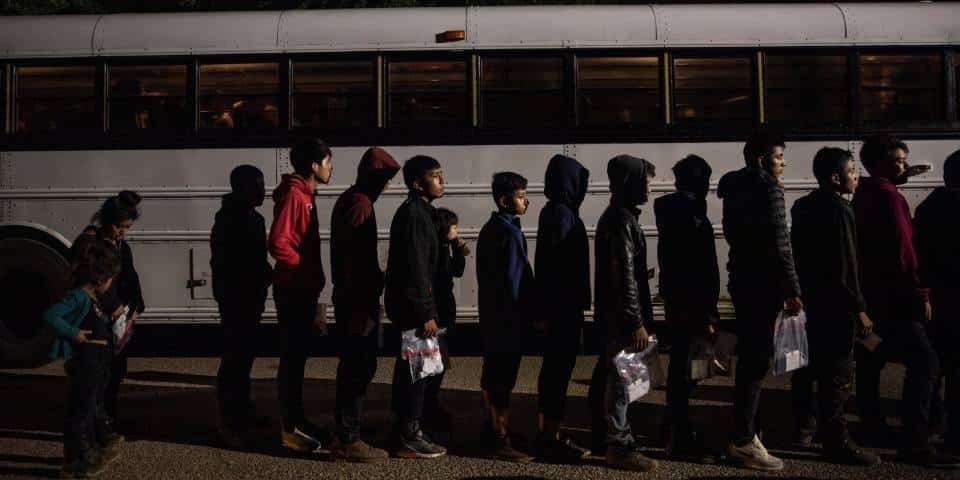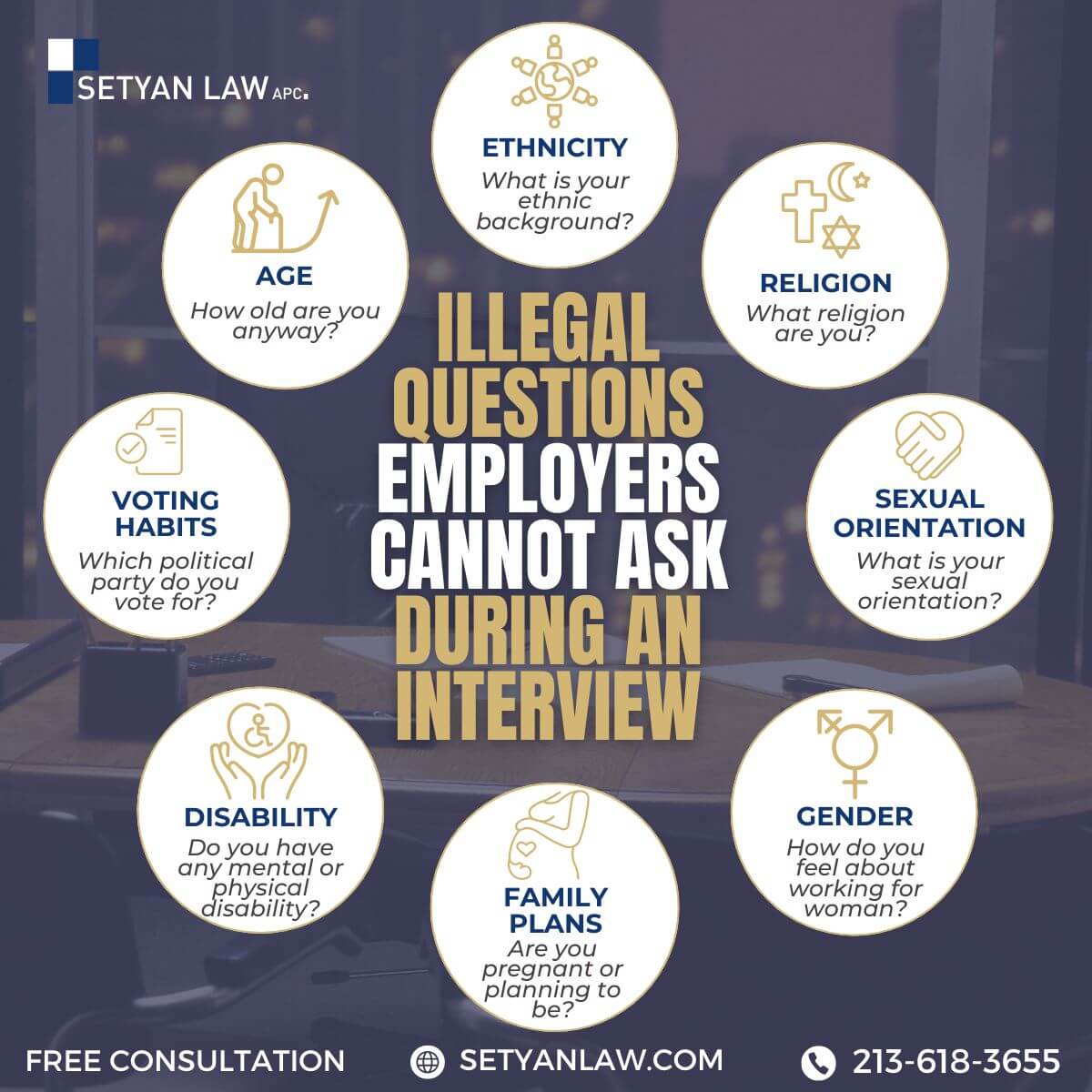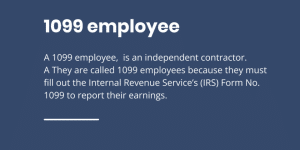Updated April 9, 2025
Understanding the Legal Working Age in California
In California, the legal age for minors to engage in work activities is generally set at 14 years old. However, there are important stipulations and regulations that govern the employment of minors, including the requirement for work permits, parental consent, and restrictions on the types of jobs they can undertake. This article aims to provide a comprehensive overview of California’s labor laws concerning the legal working age, the necessary permits, and the limitations placed on young workers.
The Minimum Age to Work
General Rule for Minors
The standard legal working age in California is 14 years old. This means that individuals who are 14 years or older can be employed, but there are specific conditions that must be met:
- Work Permit Requirement: Minors under 18 years of age are required to obtain a work permit before they can start working. This permit is referred to as the "Statement of Intent to Employ Minor and Request for Work Permit" and is typically issued by the minor’s school.
- Parental Consent: Minors generally need permission from their parents or legal guardians to work.
Exceptions for Younger Minors
While the minimum age to work is 14, children younger than this can engage in certain types of work without a permit. For instance, children under 12 years old may:
- Deliver newspapers
- Babysit
- Mow lawns
These exceptions highlight the flexibility in California’s labor laws, allowing younger children to participate in informal work arrangements.
Work Permits: What You Need to Know
Obtaining a Work Permit
To work legally, minors must obtain a work permit from their school. The process typically involves:
- Requesting the Permit: Minors can request the necessary form from their school.
- Parental Signature: The permit must be signed by a parent or legal guardian.
- School Approval: School officials will review the application and issue the permit if all requirements are met.
Content of the Work Permit
The work permit outlines several key details, including:
- The specific job the minor is allowed to perform
- The location of employment
- The maximum number of hours the minor can work each day and week
- Any additional restrictions or limitations
It’s important to note that work permits can be revoked if the employment adversely affects the minor’s health or education.
Employers’ Responsibilities
Keeping Records
Employers are required to maintain a copy of the work permit on the premises at all times. This documentation must be available for inspection by various officials, including:
- School attendance officers
- Probation officers
- Labor standards enforcement officers
Exceptions for Family Employment
Interestingly, employers are not required to obtain a work permit if the minor is their own child. However, this exemption only applies to specific types of work, such as:
- Agricultural jobs
- Domestic labor
- Work related to property owned by the parent or guardian
Jobs Prohibited for Minors
California Restrictions
California law prohibits minors under 16 years of age from working in several hazardous occupations. These include, but are not limited to:
- Jobs in the logging industry
- Work involving dangerous machinery
- Employment in mining or excavation
- Jobs that require the use of toxic substances
Federal Regulations
In addition to state laws, federal regulations under the Fair Labor Standards Act (FLSA) also restrict minors under 18 from engaging in certain high-risk jobs, including:
- Operating power-driven machinery
- Working in meat processing facilities
- Engaging in roofing work
When state and federal laws conflict, the more restrictive law is applied.
Special Considerations for Young Workers
Young Workers in Entertainment
California has unique provisions for minors working in the entertainment industry. In this sector, children as young as 15 days old can be employed, provided they have the necessary work permit issued by the Labor Commissioner.
Working Hours for Minors
Minors’ working hours are strictly regulated in California, with different rules depending on whether school is in session:
When School Is Not in Session
- Minors under 16 years can work up to 8 hours a day and 40 hours a week.
- Minors aged 16 or 17 can work up to 8 hours a day and 48 hours a week.
When School Is in Session
Minors aged 14 and 15 can work:
- 3 hours on school days
- 8 hours on non-school days
- Up to 18 hours per week
Minors aged 16 and 17 can work:
- 4 hours on school days
- 8 hours on non-school days
- Up to 48 hours a week
Specific Time Restrictions
California law also regulates the times of day that minors can work:
- Minors aged 15 and under can work between 7 a.m. and 7 p.m., and during summer months, they may work until 9 p.m.
- Minors aged 16 and 17 can work from 5 a.m. to 10 p.m. on school nights and until 12:30 a.m. on nights before non-school days.
Educational Requirements for Minors
School Attendance
Minors aged 15 and under are required to attend school full-time unless they have graduated. For those aged 16 and 17 who are employed but have not graduated, they must attend continuation school for at least 4 hours per week.
Consequences for Non-Compliance
Legal Ramifications for Employers
Employers who violate California’s child labor laws can face severe penalties. Violations are classified into two categories:
- Type A Violations: These carry civil penalties ranging from $5,000 to $10,000 per violation. Examples include employing minors in hazardous jobs or failing to keep required records.
- Type B Violations: These are less severe, with penalties between $500 and $1,000. They include failing to maintain accessible work permits for minors.
Both types of violations can lead to criminal charges, emphasizing the importance of compliance with labor laws.
Seeking Legal Help
When to Consult an Attorney
If you are a minor or a parent of a minor facing issues related to employment rights, it is crucial to seek legal assistance. An employment attorney can help navigate the complexities of labor laws and ensure that your rights are protected.
Conclusion
Understanding the legal age to work in California, along with the associated requirements and restrictions, is essential for both minors and their employers. By adhering to these regulations, young workers can engage in employment safely and legally, while employers can avoid potential legal pitfalls. If you have further questions or need assistance regarding employment laws, consider consulting with a qualified attorney to ensure compliance and protect your rights.
Call Setyan Law at (213)-618-3655 to schedule a free consultation.






